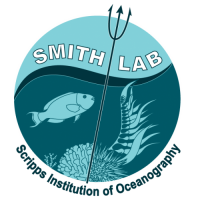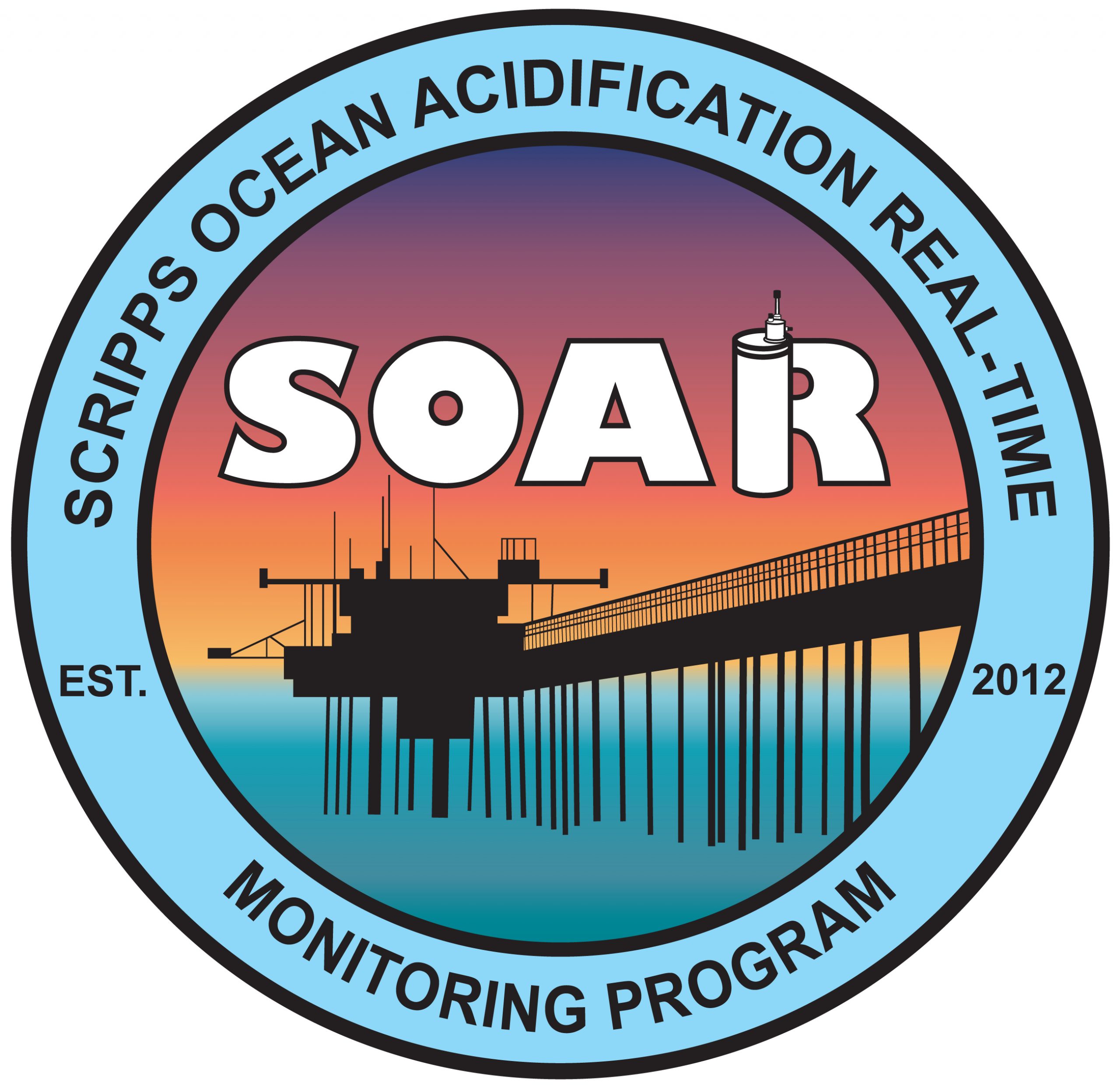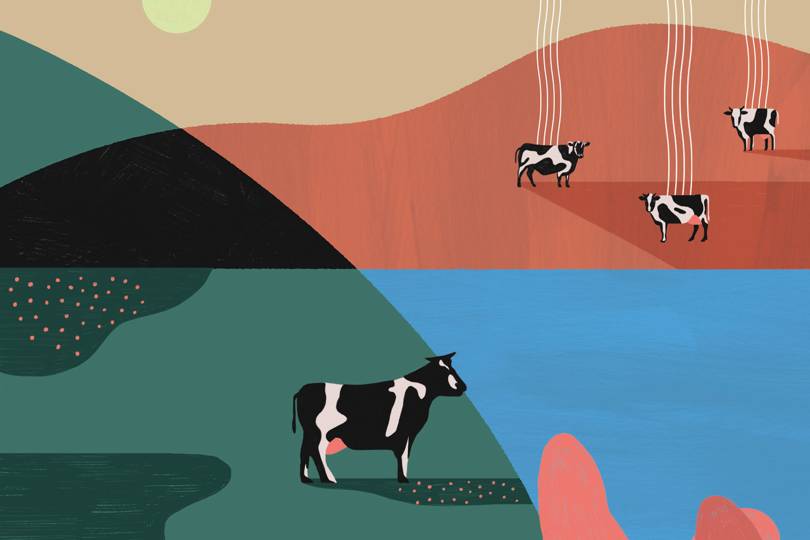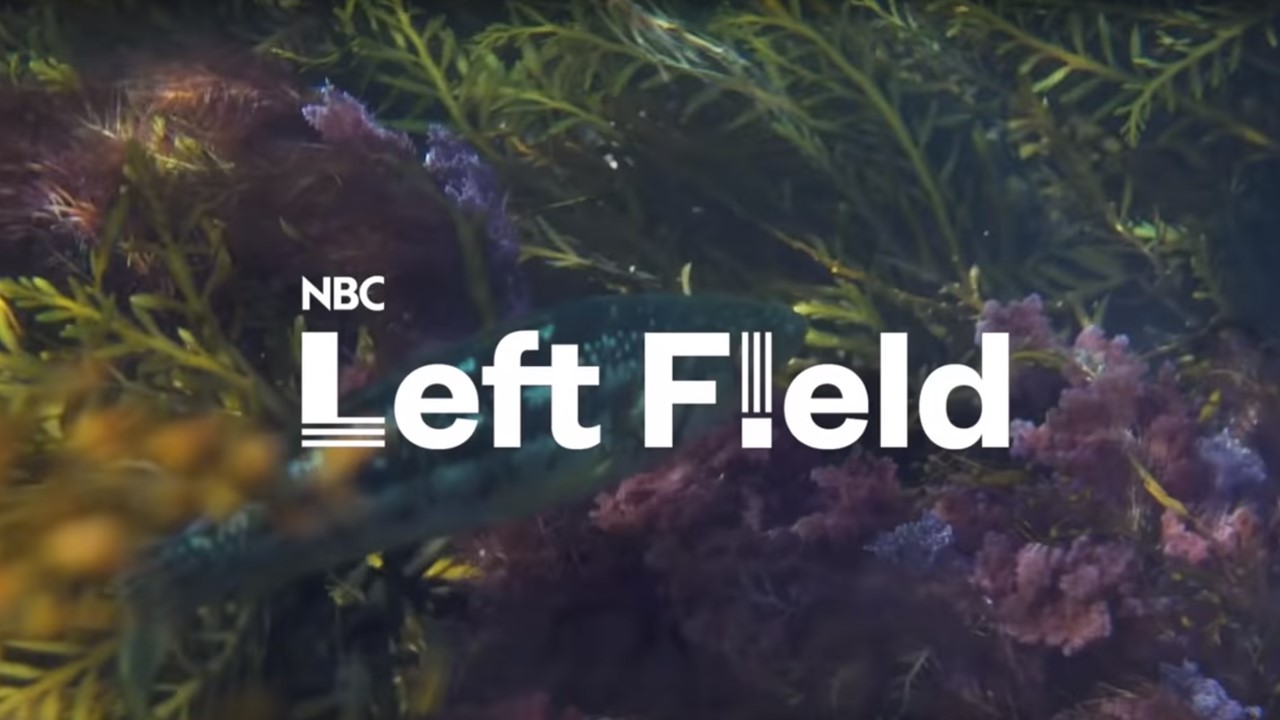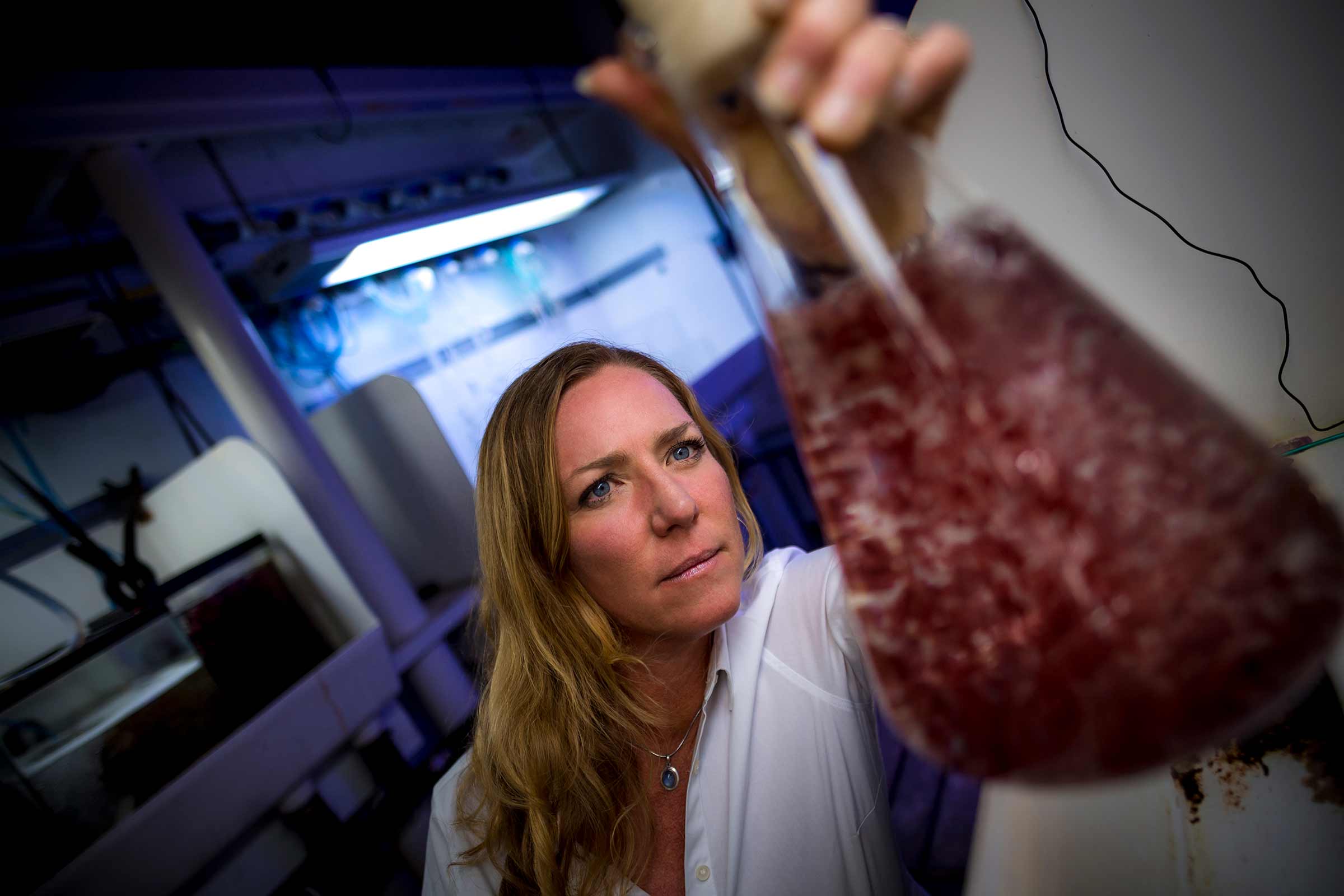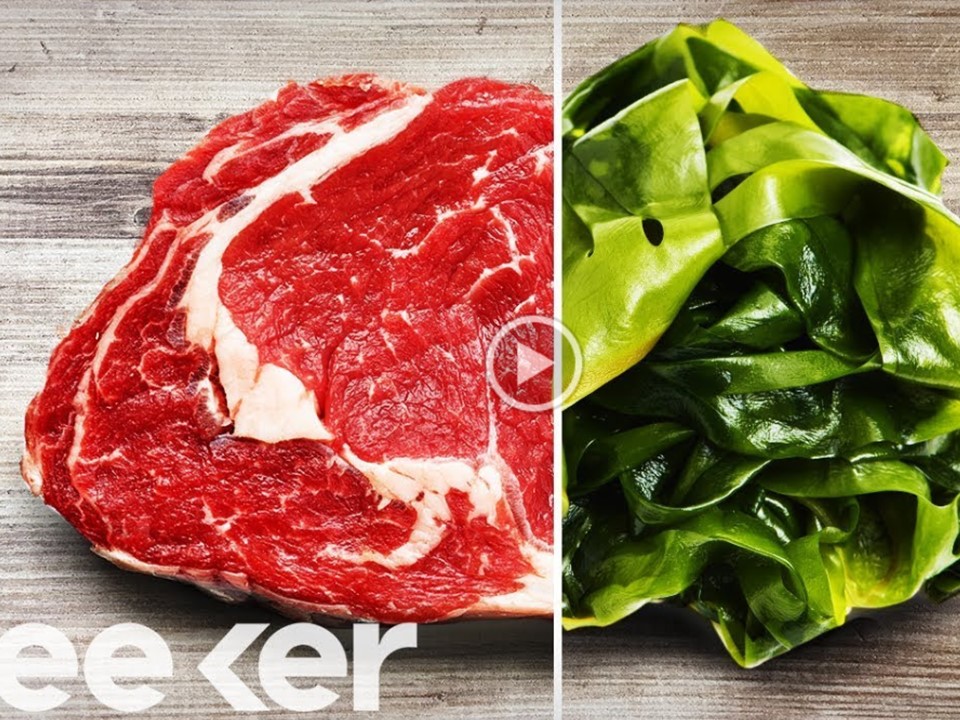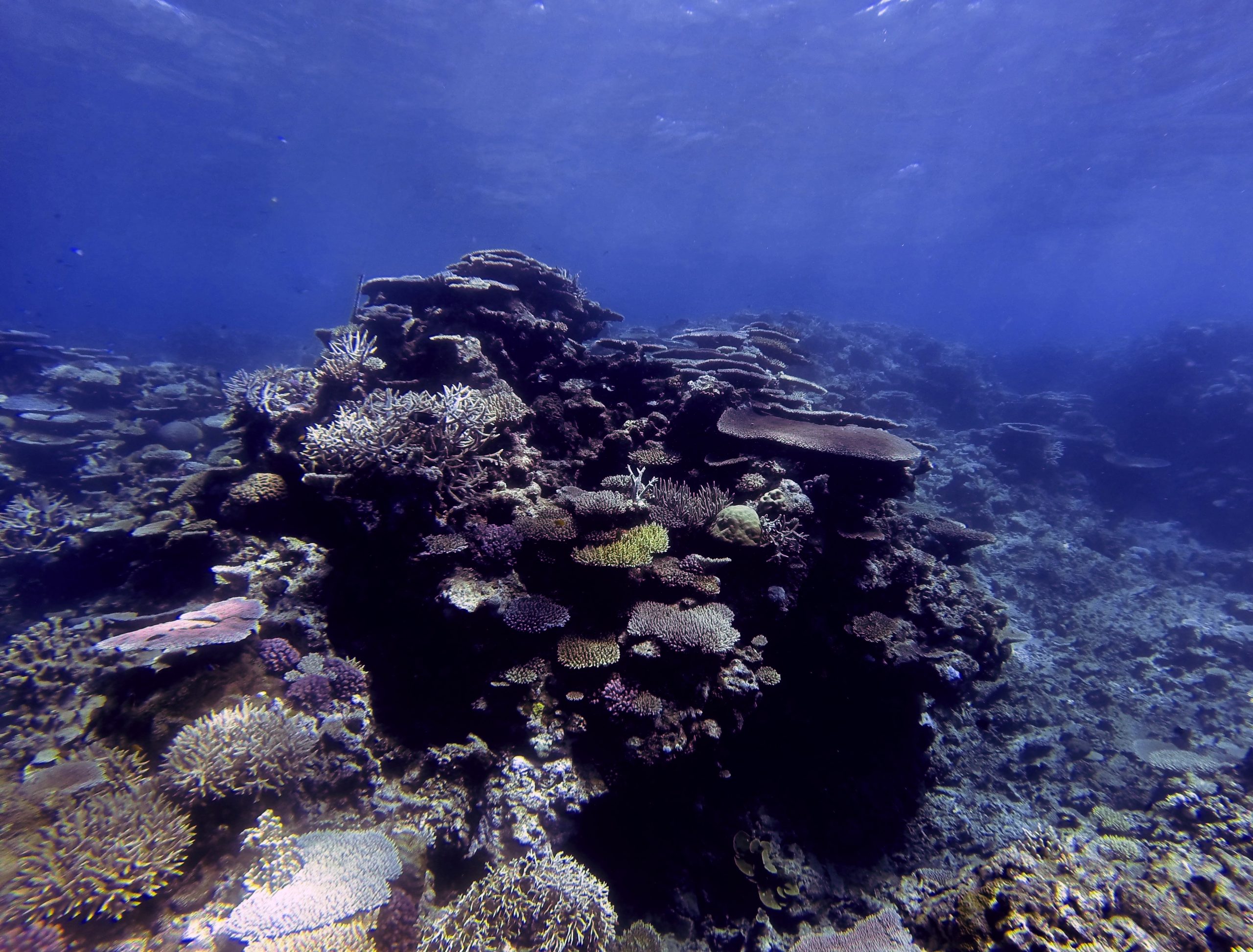If you’re a resident of Southern California (and maybe even if you’re not) you likely heard about the recent red tide bloom (and subsequent smelly fish and invertebrate die-offs) that saturated the coastline of Southern California. Here at Scripps Oceanography, it was the main topic of conversation to break the monotony of COVID-19 information and pandemic updates. For those of us … Read More
Cow burps & the scientists waging war against them, featured in WIRED
Dr. Jen Smith was recently interviewed and featured in a WIRED article where she discussed how her work learning to cultivate Asparagopsis taxiformis in the lab will help Californian dairy farmers to cut emissions by 2030. The article mentions her work with Elm Innovations and introduces a multitude of scientific methods currently being explored by scientists worldwide to reduce methane emissions by the livestock … Read More
The Jeffrey B. Graham Perspectives on Ocean Science Lecture Series: Food, Feed, & Climate Change
Dr. Jennifer Smith and lab staff researcher, Brant Chlebowski, presented a joint lecture for the Jeffrey B. Graham Perspectives on Ocean Science Lecture Series at Birch Aquarium. In their talk entitled, “Food, Feed, & Climate Change: Emerging Opportunities for Shore Based Seaweed Aquaculture,” they discuss the recent innovations in shore-based aquaculture and the great potential it has to change the … Read More
Can California get cows to burp less methane? Check out this story by NBC
Dr. Jen Smith was recently interviewed by NBC – the latest story on Asparagopsis taxiformis is officially out, and this time we get to hear from people who make their living maintaining cattle ranches and dairy farms in addition to the scientists! Check out the video below to learn more!
UCSD Research highlight: “Usurp the Burp”
This week Dr. Jen Smith’s research was featured by the UC San Diego News Center, highlighting her recent collaboration with agricultural scientists at UC Davis. Dr. Smith is researching methods of cultivation of Asparagopsis taxiformis, a red seaweed that has been discovered to reduce methane emissions from cow burps in studies conducted at UC Davis. She’s also working with scientists at … Read More
Can algae be the secret to reducing one of the largest sources of greenhouse gas emissions worldwide?? Sneak a peek into the Smith Lab’s latest research collaboration!
Check out the latest in research aimed to reduce greenhouse gas emissions from cattle! Seeker interviewed scientists at UC Davis as well as our very own Dr. Jen Smith at SIO. Take a look at the video below to see what all the hype is about!
An incredible story of reef recovery after coral bleaching at Palmyra Atoll
Scripps Oceanography published a press release this week celebrating the Smith Lab’s most recent publication led by Dr. Mike Fox. The paper, published in Coral Reefs on April 5th, reveals an optimistic recovery of coral reefs at Palmyra Atoll following the 2015 global bleaching event. In 2015, 90% of corals at Palmyra bleached, and an astounding 90% of those bleached corals … Read More
Orion McCarthy answers the question, “What will climate change mean for corals?”
Orion McCarthy, a 1st year PhD student in the Smith lab, recently contributed an article to the Agenda for International Development detailing what climate change might mean for corals. In his article he addresses the importance of coral reefs and details the processes that are triggered by climate change that could lead to a decrease in reef health worldwide. It’s … Read More
Adi Khen on The Importance of Art to Communicate Science
Smith lab PhD candidate, Adi Khen, recently wrote a blog post for the Climate Science Alliance in which she discusses the importance of art in communicating science to a broad audience. Click here to read her post! For more great artwork by Adi, check out her website here!
Smith Lab awarded grant by the California Ocean Protection Council to study effects of sea level rise on intertidal communities
The Smith Lab was recently awarded a grant by the California Ocean Protection Council to study the effects of sea level rise on intertidal communities – that is, the life that thrives in the zone that is exposed to the air at low tide and covered by water at high tide. This project will use technology similar to that used … Read More

